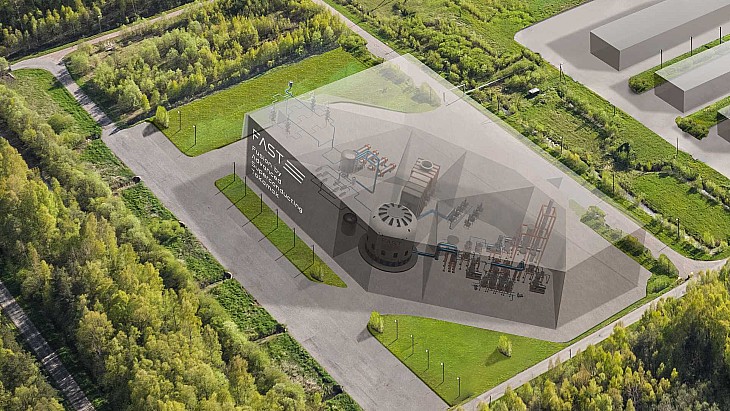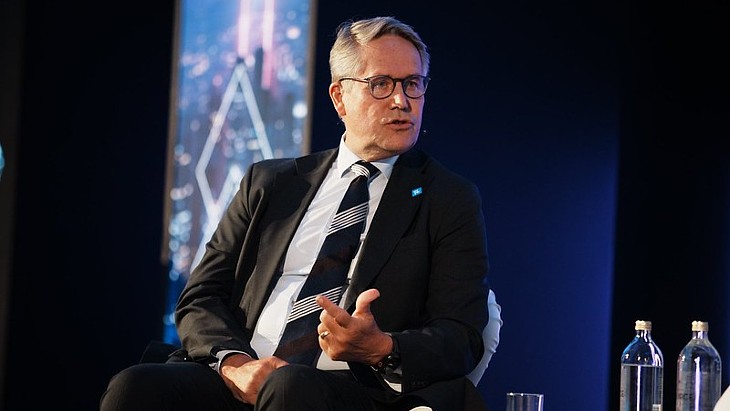In an interview with Hungary's Kossuth Radio, Lantos, who took up the post last month, said he would like to extend the operation period of the four-unit Paks nuclear power plant "by another 20 years".
The nuclear power plant has already had its lifetime extended once, from 30 to 50 years, with the Hungarian Parliament voting in December to back the idea of a further lifetime extension.
Meanwhile, the country is in the process of pushing ahead with constructing new nuclear, with two Russian reactors at Paks II. The country has said it is going ahead with the scheme, despite Russia's actions in Ukraine which have led to sanctions and withdrawal of many business links between European Union member countries and Russia.
The expected completion date for Paks II has been the end of this decade, but Lantos said the Paks II investment was "very important for the country, as such nuclear power plants take a long time to build, so it is expected to be completed by 2032. The nuclear option is an absolute must."
In the interview there was no reason given for the timescale change, although the construction licence for the new two-unit plant was issued a year later than expected.
The Paks II project was launched in early 2014 by an intergovernmental agreement between Hungary and Russia for two VVER-1200 reactors to be supplied by Rosatom, with the contract supported by a Russian state loan to finance the majority of the project. The application was submitted in July 2020 to construct Paks II alongside the existing Paks plant, 100 kilometres southwest of Budapest on the banks of the Danube river. Procedures allowed Hungary's National Atomic Energy Office 12 months to make its decision, with the possibility of extension by three months. That extension was triggered in July 2021, but the construction licence was issued more than a year later, in August 2022.
The existing four units at Paks are VVER-440 reactors that started up between 1982 and 1987 and they produce about half of the country's electricity. Their design lifetime was for 30 years but that was extended in 2005 by 20 years to 2032 and 2037. In December, the Hungarian Parliament approved a proposal to further extend their lifespan, which means preparations can begin on operating the nuclear power plant into the 2050s.

.jpg)



_82983.jpg)
_34792.jpg)
_16403_79272.jpg)


_76087_55556.jpg)



